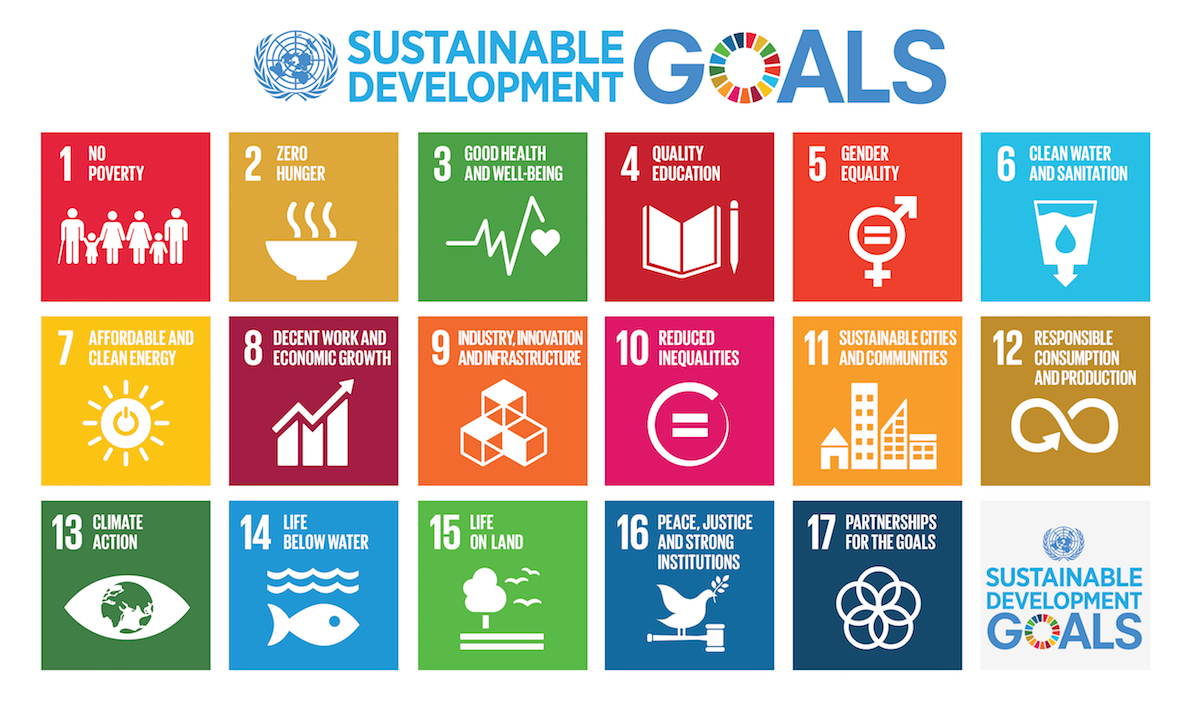Over 100 representatives from international businesses, non profit organizations, the Inter-American Development Bank and several divisions of the United Nations met at a Global Compact Conference last week to determine the role of the private sector in achieving the United Nations Sustainable Development Goals.
There was an unequivocal consensus in the private sector’s role in solving the world’s most significant challenges. Having more resources than the social sector and more flexibility than the government, corporations have the power to drive change and influence the operating standards of other companies by example.
The private, public and social sectors of the world have unique roles and responsibilities essential to catalyzing change and driving the type of development that “leaves no one behind”. Regretfully, these pillars of society are generally working in isolation, delaying and sometimes even impeding the advancement of these crucial issues. Therefore, the need for clear and constant communication between each of these three sectors was strongly emphasized throughout the conference.
During the conference each organization was split into varying working groups relating specifically to each of the United Nations Sustainable Development Goals. These groups defined certain areas of opportunity within each sector that would enhance cooperation and development. Nonprofit organizations and other civil associations greatly benefit from transparency and efficiency in the use of their resources and strategies. Government bodies favor sustainable practices with more judicious policies and fiscal incentives. The private sector needs to integrate sustainability to its inherent activities to promote win-win circumstances that improve business standards as well as long-term prospects. A key challenge for every member is the integration of the relevant Sustainable Development Goals (SDGs) to the core strategy of their business and operations. The Indicator Framework developed by the Inter-agency and Expert Group on Sustainable Development Goals (IAEG-SDGs) is a groundbreaking tool introduced by the UN Global Compact to evaluate the impact of all the efforts made to achieve these goals.
The Global Compact for Mexico is the third most important network in the world. During the conference we had the privilege of listening to the perspective and vision of Javier Cortés, Diana Chavez and Jesús González – Head of the Local Networks for the Americas, Director of the Latin America and Caribbean Local Networks and President of the Mexican Network for the Global Compact respectively. Motivating every participant to focus on achievable and measurable goals, they reminded us us that sharing and communicating the strategies, accomplishments and failures to all relevant actors is paramount to the creation of value within all spheres of influence and beyond. The relevant actors in business are defined as shareholders, suppliers, service providers, clients, consumers, competitors, employees and the host community.
At Primordiales, we have identified the practices within our everyday operations, which not only support the aims and targets of the Global Compact but also create a positive and measurable impact on our projects as well as to the wider world. Honored to meet and forge alliances with likeminded entrepreneurs and business leaders who share the impulse of value creation through sustainable means, we continue to implement win-win scenarios in every aspect of our corporate strategy.
